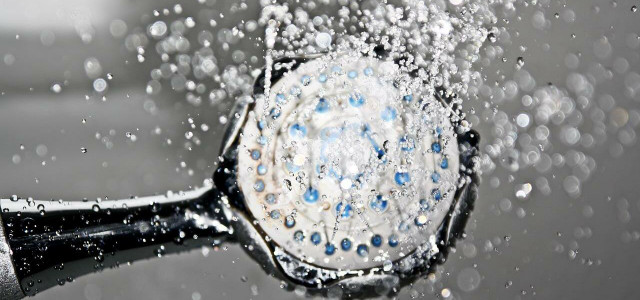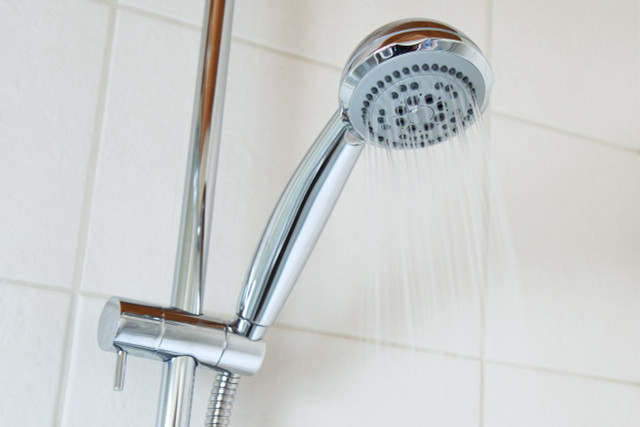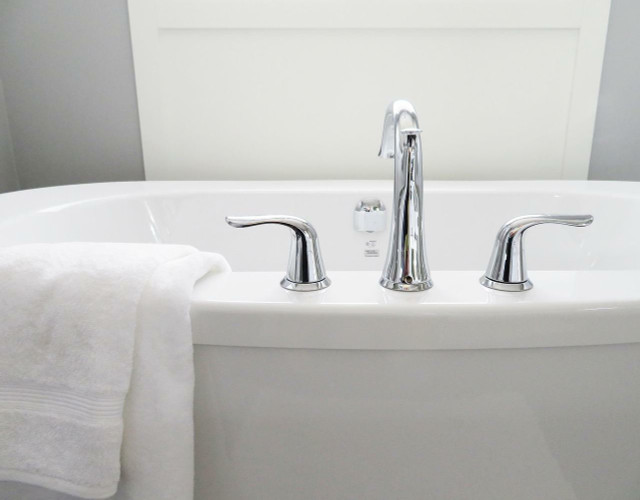
Shower or bath? Which variant is better for the skin and the environment depends on a number of different factors. We will explain these to you in more detail in the following article.
“Shower instead of bath” is the common rule of thumb to save water and protect the skin. Especially in winter, however, a regular full bath is part of the care routine for many people: It warms you up and stands for relaxation and self-care. At the same time, however, we also use a lot of hot water. So is showering actually better for your wallet, the environment and our health?
Shower or bath: how healthy is a bath for skin and heart?
How healthy a long and warm bath is for us is scientifically controversial. According to a study from the British Medical Journal, there may be a link between regular bathing and a lower risk of stroke. For the study, researchers examined around 30,000 subjects between the ages of 45 and 59. According to the results, people who take baths regularly had about a 26 percent lower risk of developing a stroke than those who didn’t bathe.
The Stiftung Warentest, on the other hand, reports that a bath could have a negative effect on our skin if we lie in the tub too often. Dermatologists therefore recommend not bathing every day. According to Stiftung Warentest, people who suffer from cardiovascular problems should even do without baths altogether. This is because excessive water temperatures can put a strain on our heart. Therefore, you should generally make sure that the temperature of your bath water does not exceed 38 degrees Celsius.
How healthy a bath is for our skin also depends on the particular bath additive. In general, however, warm water dries out our skin first, according to Stiftung Warentest – regardless of whether we shower or bathe. In the bathtub, however, our skin is exposed to the water much more intensively than in the shower. In a bubble bath, surfactants are added to the warm water, which dries out our skin even more. People with sensitive skin should therefore prefer to add nourishing oils to the bath water.
Showering or bathing: This is how showering affects the skin

(Photo: CC0 / Pixabay / PublicDomainPictures)
Bathing every day is therefore not recommended from a health perspective. When showering, on the other hand, our skin comes into less contact with warm water. However, whether it is healthy to shower every day depends primarily on your individual skin condition. Even showering attacks the protective acid mantle of our skin. According to the AOK, this is a film of water and fat that repels pathogens and thus protects us from diseases. Shower gel and soap put even more pressure on our protective acid mantle.
From a medical point of view, it makes more sense to shower only a few times a week and not every day. However, if you sweat particularly heavily or are exposed to a lot of dirt every day and would like to shower every day, this is usually not a problem for healthy people. Just make sure that the water is not too hot and use shower gels made from certified natural cosmetics. These usually contain less problematic additives. However, people with very sensitive skin should definitely avoid taking a shower every day. You can read more about this here: How often does it make sense to shower?
Showering or bathing: water and energy consumption

(Photo: CC0 / Pixabay / Erika Wittlieb)
It is a widely held principle that showering is more resource-efficient than bathing. According to the Swiss news magazine “20 Minuten”, you need around 120 liters of warm water for a full bath. On the other hand, if you shower for about five minutes, you only use about 60 liters of water on average. However, if you stand in the shower for 15 minutes with the shower head fully turned on, you use even more water than with an average full bath.
According to figures from the Augsburger Allgemeine, you can only take a shower for eight minutes for a full bath and use the same amount of warm water. The energy required to heat the water corresponds to about half a liter of heating oil for a full bath and eight-minute shower.
Nevertheless, it is easier to reduce water consumption when showering. For example, you can regularly turn off the water when soaping up and install an energy-saving shower head in your shower. According to the Augsburger Allgemeine, this can reduce hot water consumption by more than 50 percent. This saves water and energy and protects the environment and your wallet.
Read more on Techzle.com:
- Taking a cold shower: that’s how good it is for your health
- Saving water in the shower: works with these 5 tips
- 11 common shower mistakes to avoid